LONDON: Fears are growing that efforts to curb Islamic extremism in the UK are failing to engage with marginalised young Muslims who are most susceptible to being radicalised. But, following clashes between police and protesters over the conflict in Gaza, the UK government is expanding its preventing violent extremism (PVE) programme as anger rises in Muslim communities about Palestinian deaths.
The PVE pilot projects were unveiled in 2007, and local authorities are now rolling out schemes where imams will learn “Britishness” to help them connect with young British Muslims. The governance of mosques will be improved to prevent infiltration by radicals, and Muslim women will be helped to identify and deal with extremist activities within family circles. A raft of projects to engage with “at risk” young Muslims is also being unveiled. But there are concerns that many schemes rely on established organisations that are unable to reach the target group.
Up to 70 English local authority areas — including Manchester, Leeds, Bradford, Bristol and parts of London — are thought to be susceptible to violent extremism, according to the Institute of Community Cohesion. Most of these are about to launch PVE-funded schemes, and the county of Lancashire is running a countywide initiative.
Birmingham city council has been at the forefront of PVE trials after intelligence sources claimed that the city — which, according to the 2001 census, has more than 140,000 Muslims — was a major recruiting base for Al Qaeda.
Alan Rudge, Birmingham cabinet member for equalities, says: “One of the things that came out (of the Birmingham pilot) was that many mosques did not realise that extremism was operating within their mosque. There was a misuse of facilities.”
Central government has awarded the council GBP2.4m for 10 new projects, including extending its governance work with a further 30 mosques, incorporating citizenship studies as part of the curriculum of Islamic schools, and youth inclusion work.
An independent evaluation by Waterhouse Consulting Group is broadly positive about Birmingham’s work. But it calls on local and national politicians to recognise the extent of anger within the Muslim community over the linking of violent extremism with Islam, as well as a suspicion about security services involvement in local PVE programmes.
Paul Marriot, a police intelligence officer seconded to Birmingham council to oversee PVE work, denies this allegation. He says: “We are not spying but making sure that projects are in the right places and bringing security intelligence into use to prevent vulnerable people being radicalised.”
Kajid Khan, a spokesman for Birmingham Central Mosque, says the governance programme has helped increase transparency and professionalism, making it better equipped to tackle extremism. “We want to ensure that we have the capacity to deal with any issues that arise,” he says. “Radicalisation is one potential issue.”
But Masood Yasin, a senior project manager for Comm:Pact, which runs projects for long-term unemployed young Muslims in north-east Birmingham, fears that the PVE funding will “miss the very people that have to be engaged”. He says: “I am talking about young people without a job or qualifications who are excluded even from their own communities. They may go to Friday prayers, but nothing else. Most of the young people we see are not linked to organisations and have no guidance or support. They could easily be brainwashed.”
To counter this, the government has set up the Young Muslims Advisory Group, made up of 22 Muslims aged 16-25 from across the country. It hopes the members will boost direct engagement and provide leadership. But earlier this month (JAN) it sent a letter to the prime minister, Gordon Brown, warning that the failure to condemn Israeli action in Gaza was undermining efforts to reduce homegrown radicalism.
The Quilliam Foundation, a British counter-extremism think tank, agrees that without strong condemnation from the government of Israel’s action, any programme will face an uphill struggle countering the jihadist message. Usman Raja, a former young extremist, says: “It’s definitely leading to more radicalisation within deprived areas. We are seeing this happening on council estates across east London and Slough.”
The Coventry-based Institute of Community Cohesion says its nationwide practitioner network is getting an increasing number of reports of extremist chat on the internet, and leaflets handed out by radicals outside mosques in London, the Midlands and cities in the north. Nick Johnson, director of policy at the institute, says: “Gaza is providing an impetus for people to recruit vulnerable young Muslims.”
A spokeswoman from the UK’s Department for Communities and Local Government says the GBP80m PVE programme, which runs until 2011, includes specific strands to address legitimate grievances, including concerns about international issues. She says that events in Gaza mean that delivering the PVE agenda with community and local leaders is “even more important to prevent violent extremism, including how we prevent people being drawn into extremist activity”. She stresses that councils are best placed to decide which projects will build resilience, adding that “one size does not necessarily fit all”.
Khurshid Ahmed, chair of the British Muslim Council, has tapped into PVE funding to work with 12 mosques. Sandwell, Dudley, Wolverhampton and Walsall councils in the Midlands have helped 36 imams to learn about “Britishness” through fact-finding missions to the British Museum and Whitehall, in London. “It is so that they are more familiar with mainstream British society and can fulfil their duties,” Ahmed says. “We have imams that have been here 40 years not speaking English that are now making speeches in English. They are more able to connect with communities than they have ever done before.”
Waltham Forest, in east London, is one of 31 London boroughs signed up to the PVE programme, which is striving to target hard-to-reach groups, including newly released prisoners, through grassroots organisations such as the Active Change Foundation (ACF), which is part-funded by the council and the Home Office (UK ministry of the interior).
Co-founder Hanif Qadir, who, as a young Muslim from north London, travelled to Afghanistan, via Pakistan, to become a “jihadi”, has turned his back on extremism. After seeing young people “manipulated” and used as “cannon fodder”, he now orchestrates ACF’s approach, which is to reach disillusioned young Muslims before the extremist recruiters do.
“We work with young people who are teetering on the edge of violent extremism,” he says. “Young people here have a lot of strong emotions around the torturing and killing of Muslims (in Iraq, Afghanistan and Gaza), and these emotions are being used to radicalise them. We use a similar methodology, but do it in a positive way.”
Qadir says that vulnerable young people are exposed not just to the extremists but also to drugs and gangs. “There are a lot of recruiters out there,” he warns.
Add in the rising unemployment that, according to the Quilliam Foundation, is likely to further increase the frustration that extremist recruiters exploit, and you have fertile breeding ground.
There are no easy solutions through traditional services, says Robin Tuddenham, Waltham Forest’s lead officer for community cohesion. “It has to be the voluntary community groups. You can’t just recruit two extra people in youth work.”—Dawn/The Guardian News Service


















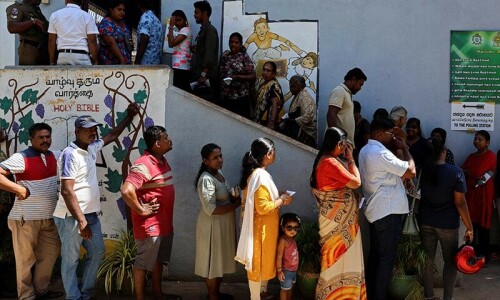



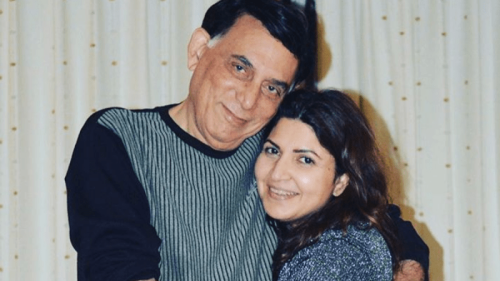
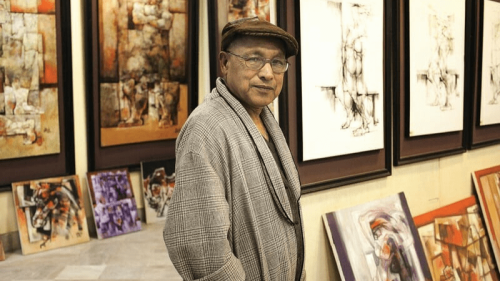
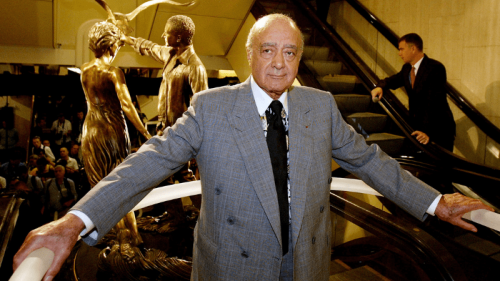









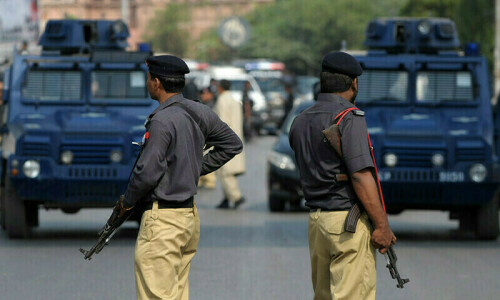




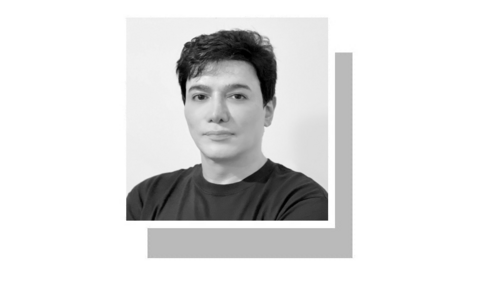




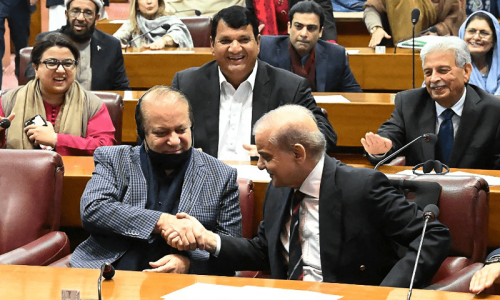
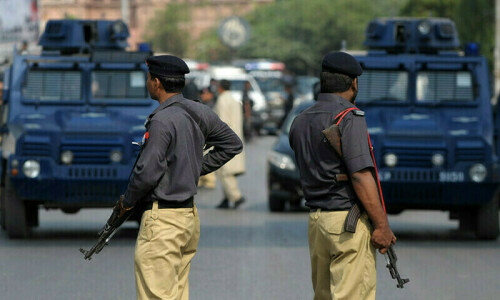


Dear visitor, the comments section is undergoing an overhaul and will return soon.